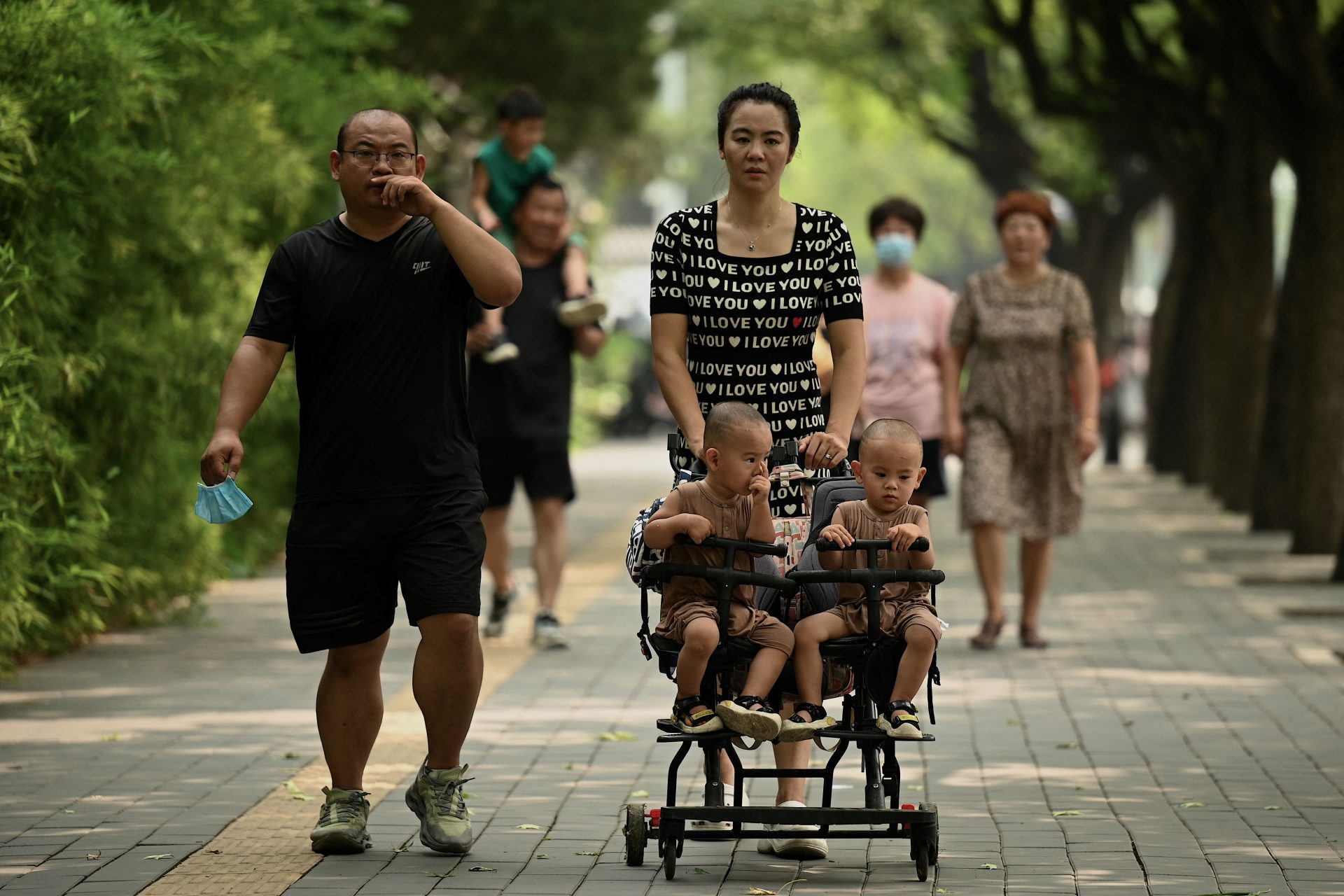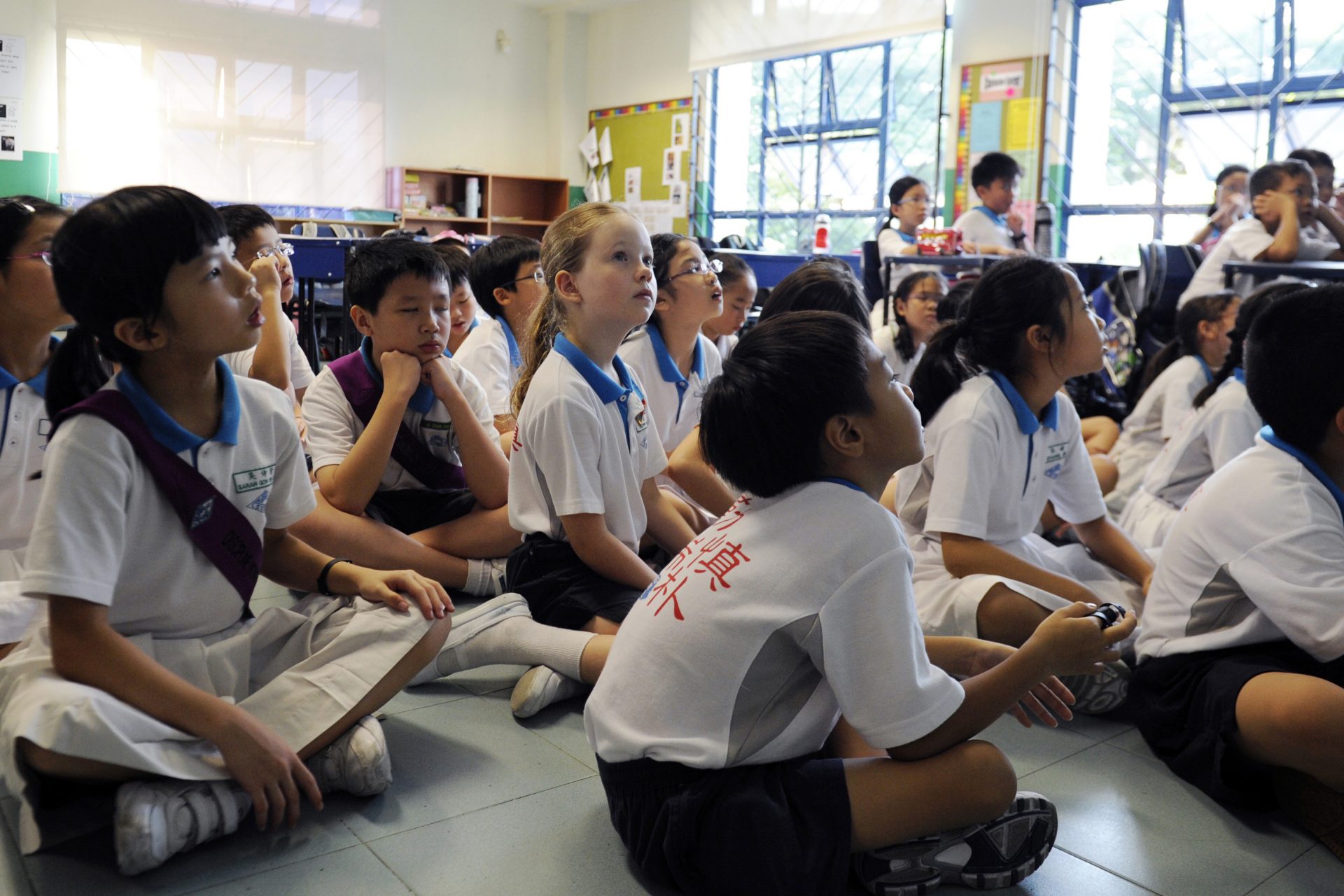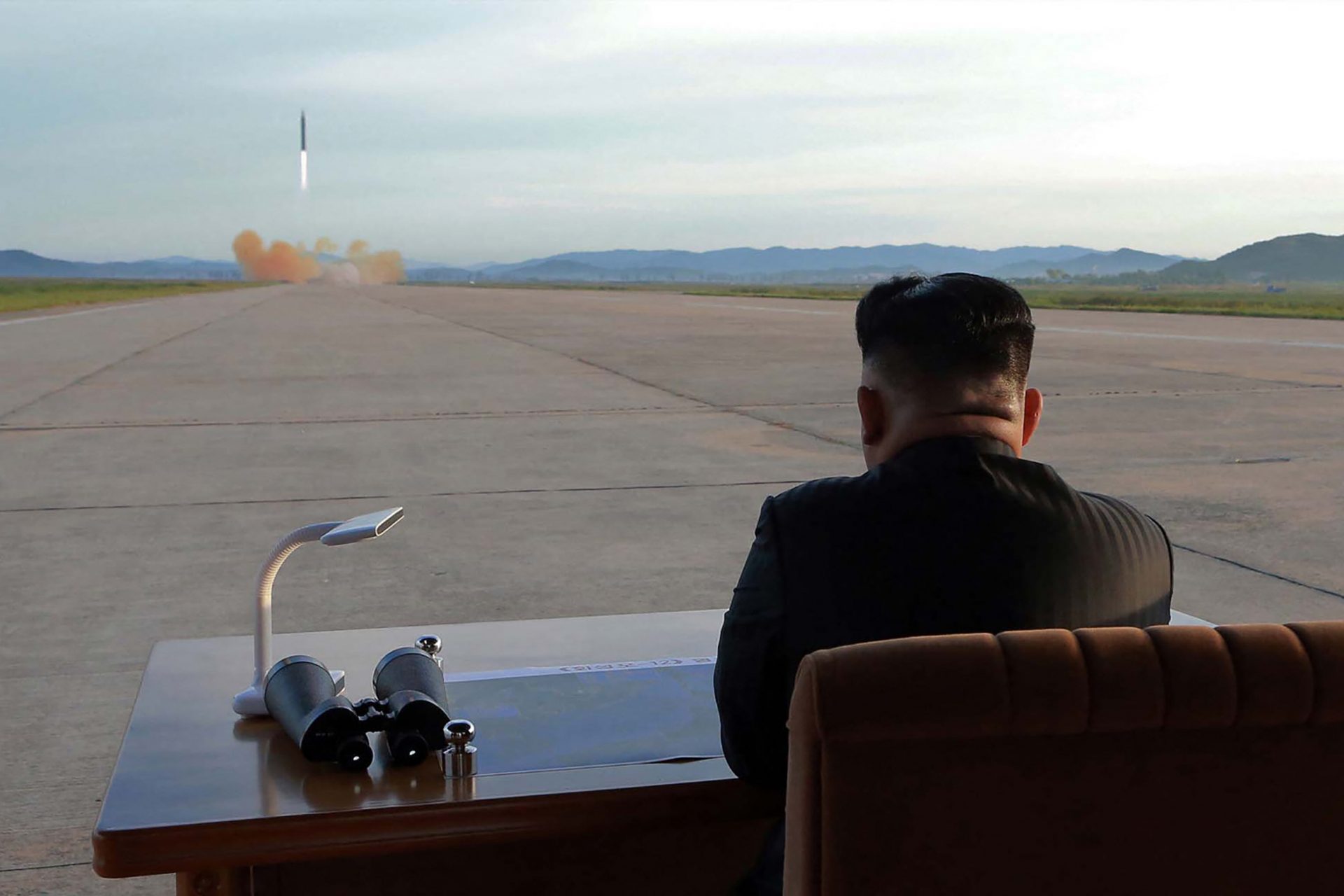China seeks roads to reinforce its three-child policy
China has dealt with conflicting demographic issues in the last centuries. Still, the nation has used the same solution: regulating the number of children in each family.
The law has changed over the years, from its famous one-child policy, enforced for 35 years, from 1980 to 2015, to two- and three-child policies.
The country changed its policy for the first time in 2016 after the population curve started to drop too fast. According to the BBC, the number of births grew two years after that but then stopped.
In 2021, Chinese authorities modified the law again to allow three children after census data showed the worst decline in birth rates since the 1960s, the British outlet explained.
Still, the new policy, like the two-child law, is failing to help raise the country's birth rate curve. Some experts knew it would from the first day.
"The fundamental issue is living costs are too high, and life pressures are too huge," Hao Zhou, a senior economist at Commerzbank, told Reuters in 2021, saying the policy would fail.
That year, young Chinese couples also told BBC correspondent Stephen McDonnell that they would prefer investing more resources in one child's opportunities than divert their income to more children.
Still, in 2024, an internal document from a Chinese city government cited by Newsweek revealed an effort to push the three-child policy, urging Communist party members and state workers to take the lead.
Human rights organizations have opposed the policies since the 1980s, arguing that governments have no place in putting limits on the number of children a family can have.
Also, according to a Human Rights Watch analysis, Chinese couples complained online that the cost of living is already too high in cities; having another child is not an option.
The organization also said the policy does not work because Chinese women are also hoping to avoid the unequal burden of childcare responsibilities.
HRW gathered a Women's Studies Institute of China report that said 45% of women who responded to their survey claimed their employment was negatively affected by pregnancy.
It also quoted a Renmin University study that showed that among families with toddlers, 63% had the mother as the primary caregiver, and 32% had the grandparents. Fathers rarely do their part.
More for you
Top Stories


























